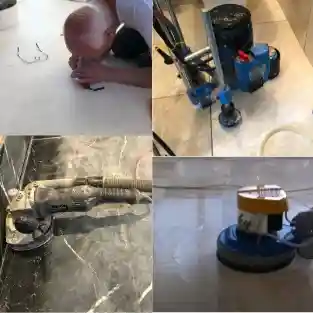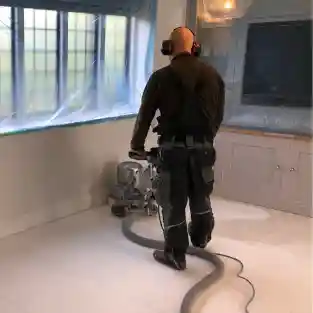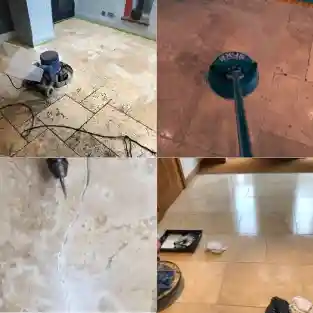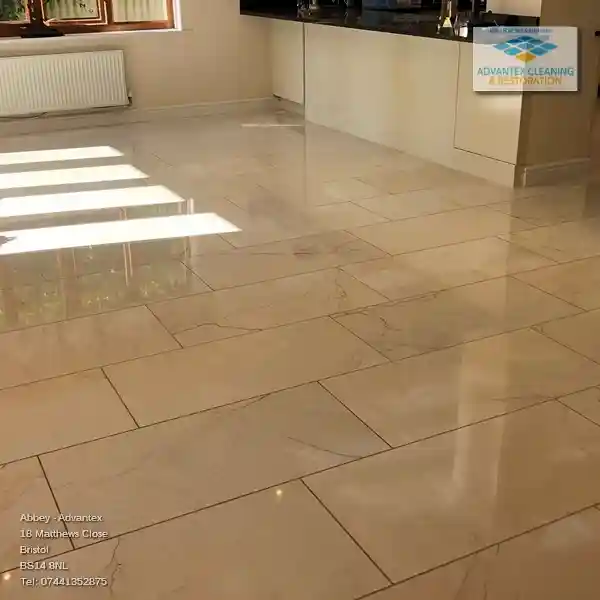Aley Green, Ampthill, Arlesey, Aspley Guise, Aspley Heath, Astwick, Barton-le-Clay, Battlesden, Beadlow, Bedford, Beecroft, Beeston, Biddenham, Bidwell, Biggleswade, Billington, Birchmoor Green, Biscot, Bletsoe, Blunham, Bolnhurst, Bougton End, Bourne End, Box End, Brickhill, Bridge End, Broad Green, Brogborough, Bromham, Brook End, Broom, Bury End, Bury Park, Bushmead, Caddington, Campton, Cardington, Carlton, Caulcott, Chadwell End, Chalgrave, Chalton, Channel's End, Chapel End, Chaul End, Chawston, Chellington, Chicksands, Chiltern Green, Clapham, Clapham Green, Clement's End, Clifton, Clipstone, Cliton Manor, Clophill, Cockayne Hatley, Colesden, Colmworth, Colworth Ho, Cooper's Hill, Cople, Cotton End, Cranfield, Cross End, Deadman's Cross, Deepdale, Downside, Duck End, Duloe, Dunstable, Dunton, East End, East Hyde, Eastcotts, Eaton Bray, Edworth, Eggington, Elstow, Emmaus Village Carlton, Eversholt, Everton, Eyeworth, Fancott, Farley Hill, Farndish, Felmersham, Fenlake, Flitton, Flitwick, Fox Corner, Froxfield, Gibraltar, Goldington, Gossard's Green, Great Barford, Green End, Greenfield, Hall End, Hanscombe End, Harlington, Harrold, Harrowden, Hart Hill, Hatch, Hatch End, Haynes, Haynes Church End, Haynes West End, Heath and Reach, Henlow, Herring's Green, High Town, Higham Gobion, Higher Berry End, Higher Rads End, Hillfoot End, Hinwick, Hockliffe, Holme, Holme Green, Holwellbury, Holywell, Honeydon, Honeywick, Houghton Conquest, Houghton Regis, How End, Hulcote, Husborne Crawley, Ickwell, Ickwell Green, Ireland, Keeley Green, Kempston, Kempston Church End, Kempston Hardwick, Kempston West End, Kensworth, Keysoe, Keysoe Row, Knotting, Knotting Green, Langford, Leagrave, Leighton Buzzard, Lidlington, Limbury, Linslade, Little Barford, Little Billington, Little Odell, Little Staughton, Little Wymington, Littleworth, Lower Caldecote, Lower Dean, Lower End, Lower Gravenhurst, Lower Shelton, Lower Stondon, Lower Sundon, Luton, Marston Moretaine, Maulden, Melchbourne, Meppershall, Millbrook, Millow, Milton Bryan, Milton Ernest, Moggerhanger, Moor End, New Town, Newton, North End, Northill, Oakley, Odell, Old Linslade, Old Warden, Park End, Park Town, Parkside, Pavenham, Pegsdon, Pepperstock, Pertenhall, Pinfoldpond, Podington, Potsgrove, Potton, Pulloxhill, Putnoe, Queen's Park, Radwell, Ravensden, Renhold, Ridgmont, Riseley, Rootham's Green, Round Green, Roxton, Rushmere, Salford, Salford Ford, Salph End, Sandy, Scald End, Seddington, Sevick End, Sewell, Sharnbrook, Sharpenhoe, Sheeplane, Shefford, Shelton, Shillington, Shortstown, Silsoe, Slip End, Souldrop, South End, Southill, Stagsden, Stagsden West End, Stanbridge, Stanbridgeford, Stanford, Staploe, Staughton Moor, Steppingley, Stevington, Stewartby, Stopsley, Stotfold, Stratford, Streatley, Studham, Sundon Park, Sutton, Swineshead, Tebworth, Tempsford, The Green, Thorncote Green, Thurleigh, Tilsworth, Tingrith, Toddington, Top End, Totternhoe, Turvey, Tyrells End, Upper Caldecote, Upper Dean, Upper Gravenhurst, Upper Shelton, Upper Staploe, Upper Stondon, Upper Sundon, Upton End, Warden Street, Wardhedges, Water End, West End, Westoning, Wharley End, Whipsnade, Wilden, Willington, Wilstead, Wingfield, Winsdon Hill, Wixams, Woburn, Wood End, Wootton, Wootton Bourne End, Wootton Broadmead, Wootton Green, Workhouse End, Wrestlingworth, Wyboston, Wymington, Yelden


















